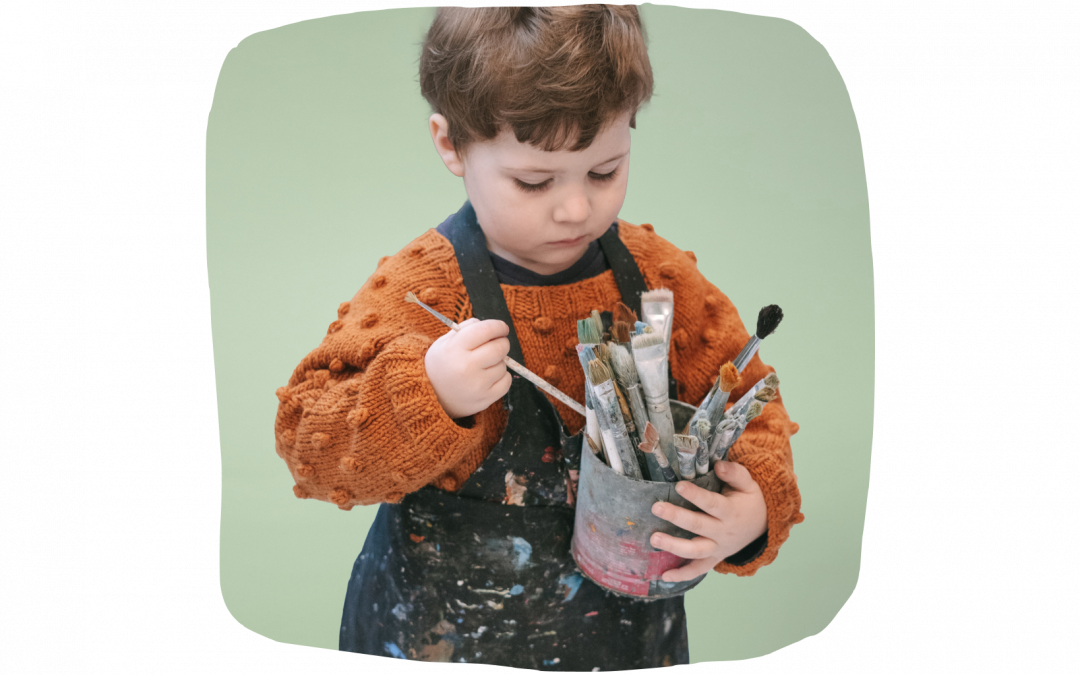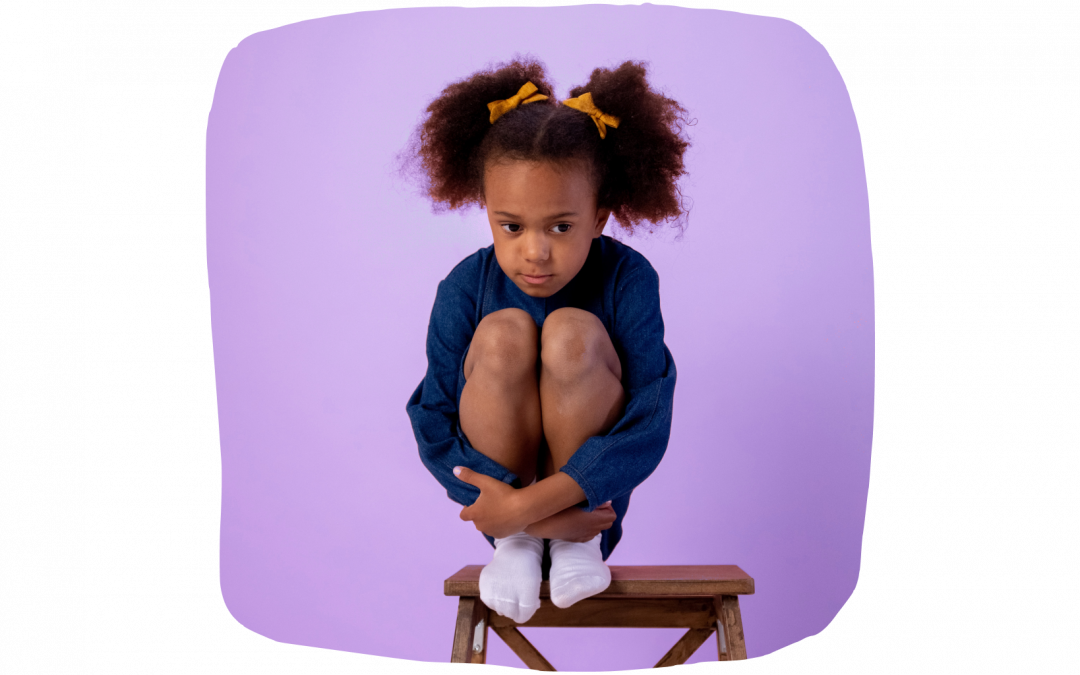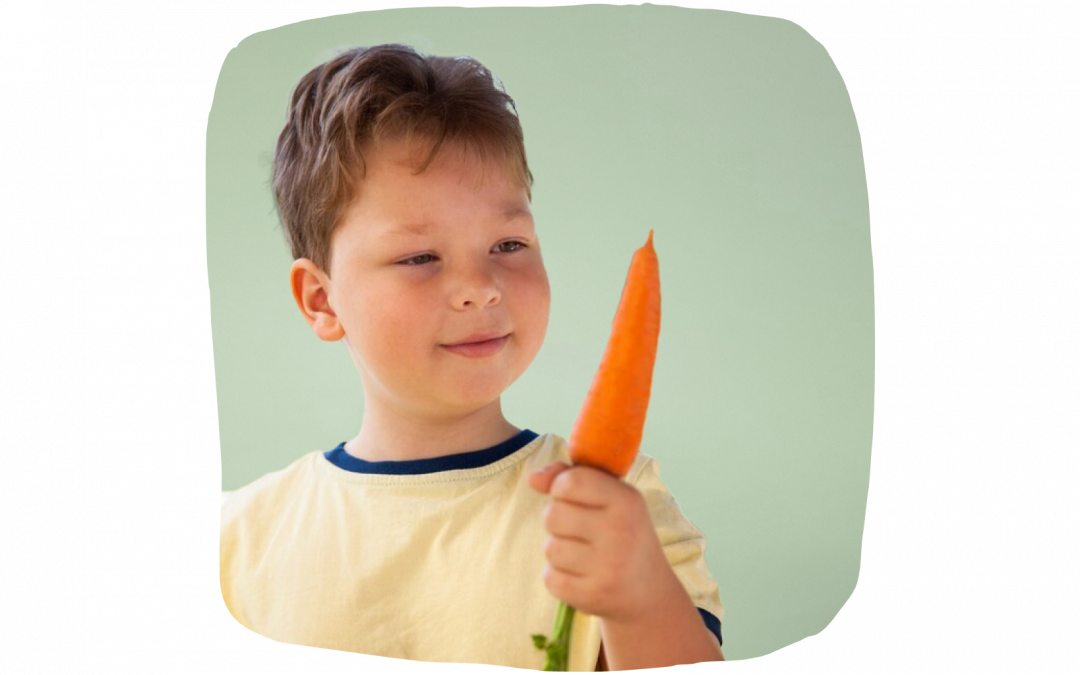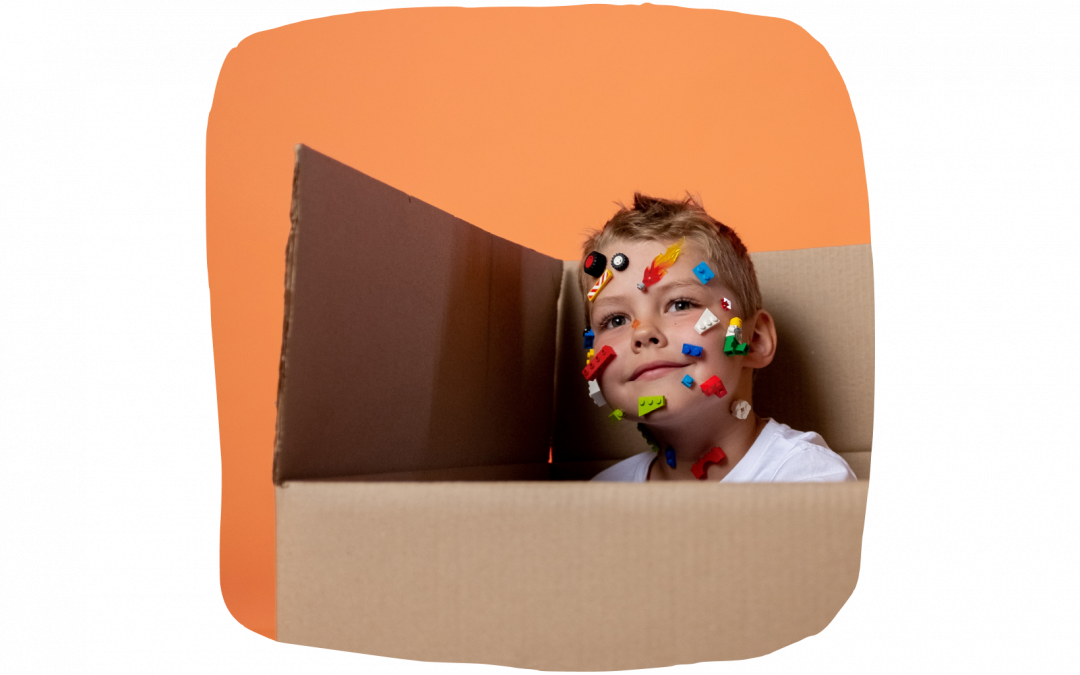Respectful conflict resolution is an important life skill. Children who learn how to resolve conflicts in a respectful way are better able to resolve disputes with friends, siblings and classmates.
“What do you mean I have to share?!” “She was playing with that first!” “He pushed me!” Sound familiar? Kids argue. Even the best of friends have occasional tiffs and disagreements. Fortunately, parents can help teach kids how to resolve conflicts respectfully and thoughtfully.
Language is powerful
You can help your children learn to express feelings, needs, and opinions in a respectful manner by talking to them about these things. You can also help them find ways to work out conflicts peacefully with their friends. You might start by asking your child how they feel about something that happened today at school. This will give you an opportunity to talk about how he or she responded when someone hurt their feelings. Role-play with your child how to solve a conflict, using language such as “First, I want to tell you how I feel.” Then ask, “What do you think might work?” You can make this activity more fun by using props such as puppets or stuffed toys.
Encourage your child to ask for help when they’re having trouble resolving a conflict. If your child has been having trouble getting along with a classmate or sibling, encourage them to talk about it with someone who can help — perhaps a teacher at school or another family member who knows both children well.
This helps kids learn how to solve problems with others, which is a good skill for them to have as they grow up and start interacting with adults and peers on their own. It also teaches them that it’s important to resolve conflicts respectfully instead of just running away or giving up on the situation.
Cope with feelings constructively.
Help your child cope with feelings constructively. Counseling can be an effective way to help children learn how to deal with difficult situations and strong emotions like anger. It is important for kids to know that it’s okay to feel angry, sad, or hurt, but they also need to learn how to express these feelings in an appropriate way so that they don’t hurt others or themselves.
Talk about what happened when they had a fight with someone or when someone else was mad at them. Ask them questions about what they did and said during the fight, then ask what they would do differently next time. Instead of demanding, offer choices. Ask “Do you want to share now or in five minutes?” This gives your child time to process her emotions and consider her options.
When your kids are angry, give them space and let them cool down before trying again. This can help them calm down enough so that they’re able to think clearly about how best to respond. If they are upset, take a break until you’re both calmer and more able to listen to each other, then try again. If they feel frustrated or overwhelmed by the situation, encourage them to take some deep breaths before returning together for further discussion (or at least proceed with caution). If your child is feeling sad, offer some comforting words or hugs as needed before proceeding with conflict resolution.
Encourage regular peer play in a positive setting.
When children play in a positive setting, they develop social skills and practice interacting with others without adult interference or supervision. If you notice that your child is having trouble resolving conflicts on his own, encourage regular peer play in a positive setting. Your child needs opportunities to develop these skills so that he can form healthy relationships later in life.
Resist solving problems for them.
Remember that your child is learning how to handle conflicts and needs to figure it out on his own sometimes. Don’t get involved unless you’re asked to do so. If you think it’s necessary necessary ask permission before stepping into a conflict situation (“Is it okay if I come over there?”). Instead, guide with questions like “How do you think that would make him feel if you did that?” Or “What could you say instead?” And let your child know that he’ll have another chance at resolving the problem later on if he can’t figure it out now and needs help from an adult later on in the day or week.
Offer feedback and appreciation.
Thank your child for willing participation in resolving a conflict. Encourage children to take responsibility for their own behavior, including those instances when they are on the receiving end of another child’s aggression or disrespect. Understand that there are many reasons why children can become angry with each other and sometimes these reasons have little to do with what is happening at any given moment. Be sure to encourage children not to take out their frustrations on one another but rather deal with them appropriately by choosing not to engage in aggressive behavior like hitting, kicking or name-calling.
In a perfect world, your child would never have a conflict with anyone. But in reality, conflict is part of life. Acknowledge that conflicts happen and show your child how to handle it respectfully. If you are calm and reasonable during conflicts, your child will be more likely to adopt these skills.







0 Comments